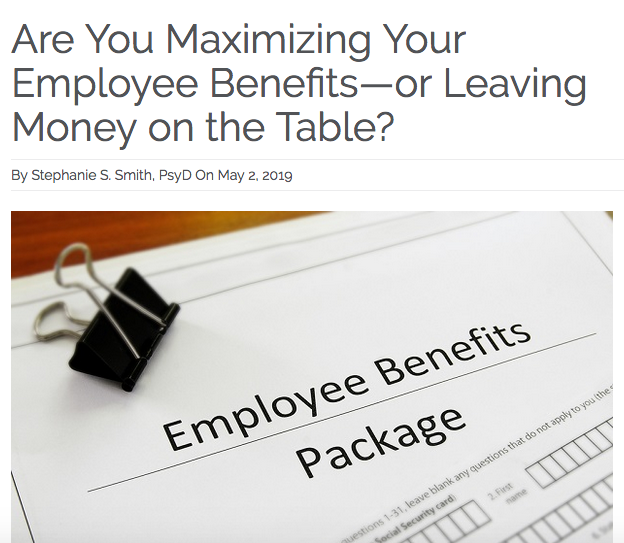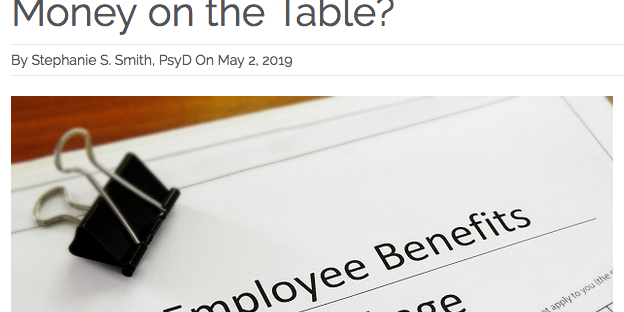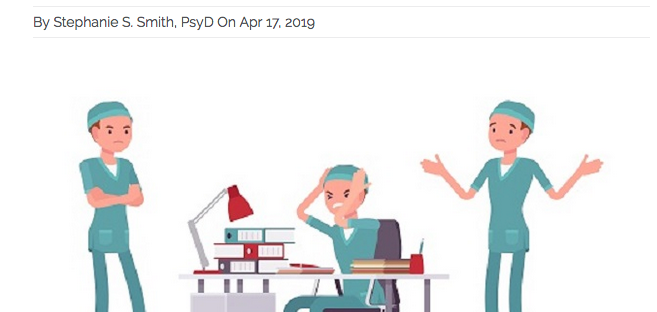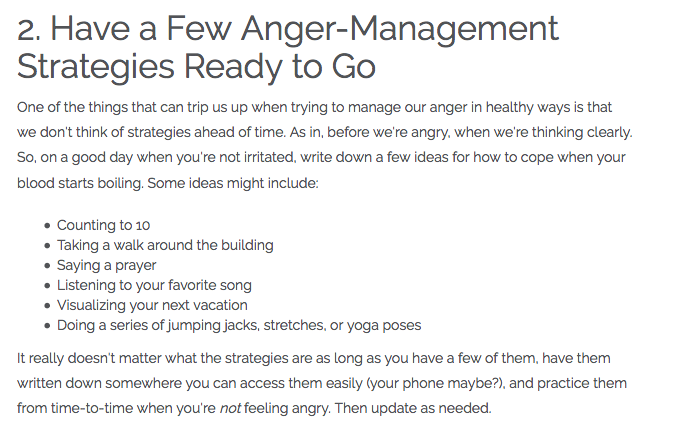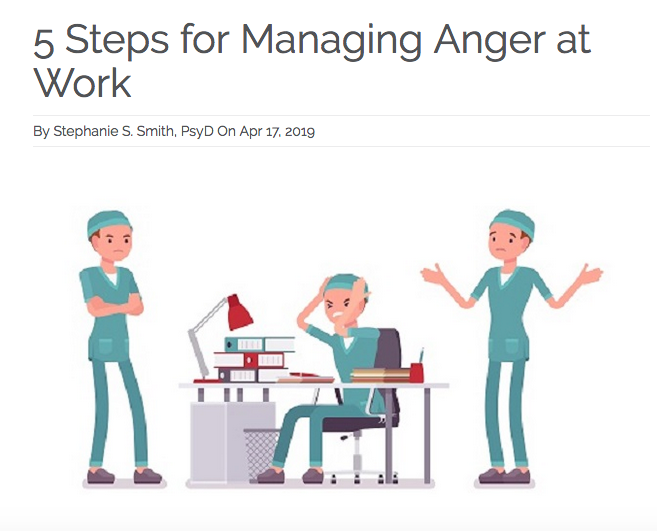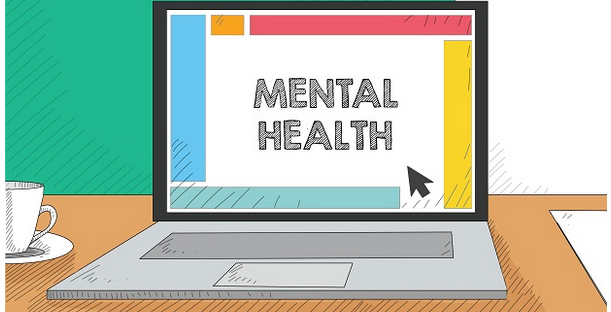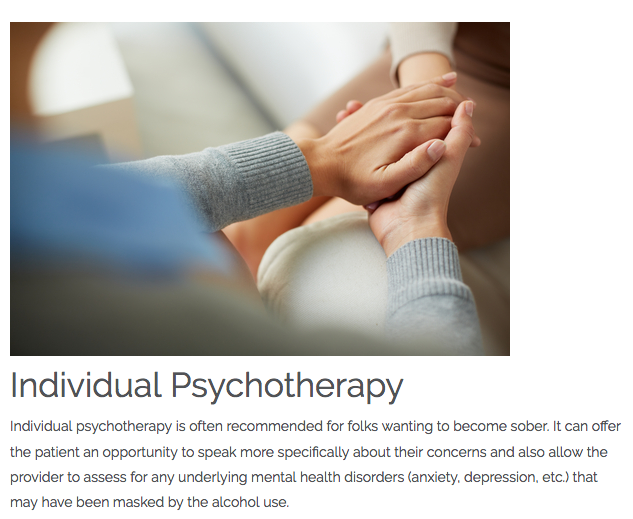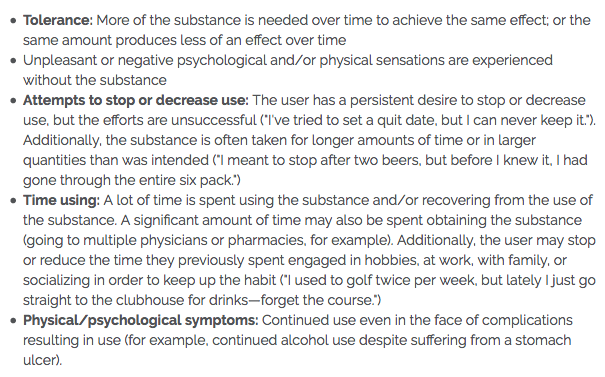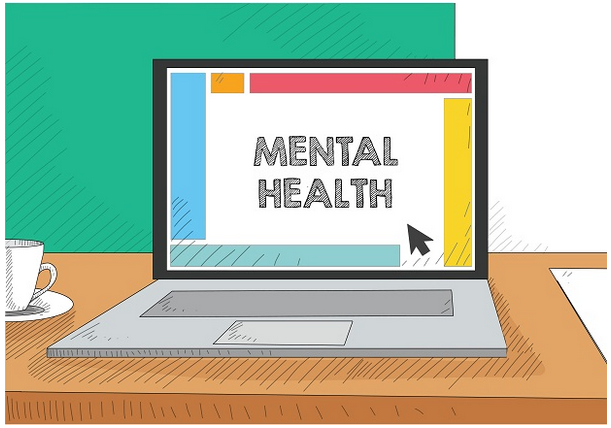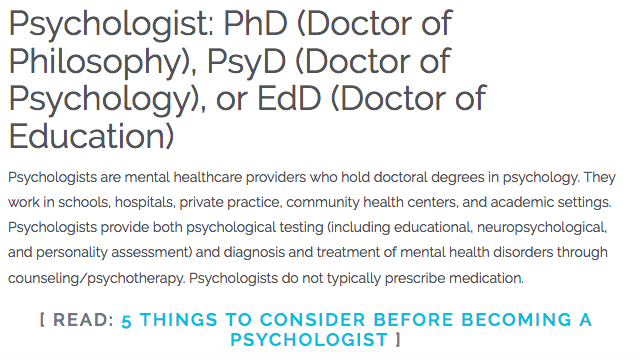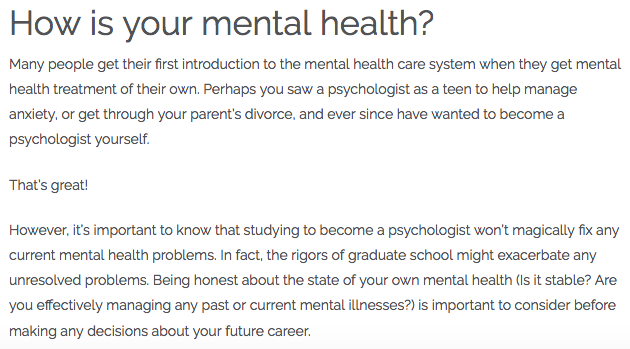Accessing and paying for mental health care can be tricky. Many mental health professionals do not work directly with insurance, and those who do can have very long wait lists. But did you know that there are some other ways you can pay for mental health care with the assistance of employer-run programs?
- Employee Assistance Programs (EAPs). These programs are offered by many employers (large and small). EAPs allow employees to see a contracted mental health professional for 3-10 sessions per year free of charge. Yes, free! Too often, employees don’t know this is a benefit to which they are entitled. So ask your manager or HR department for more information.
- Health Savings Accounts/Flex Spending Accounts/Medical Savings Accounts. These aren’t technically a benefit as this is money that you put away pre-tax to use for approved medical expenses. So, your employer doesn’t (usually) give you the money for the accounts, but many do facilitate the opening of such an account. Again, ask your manager or HR department for details.
Need more ideas about how to make the most of your employee benefits? Check out my recent article over at Health eCareers:
